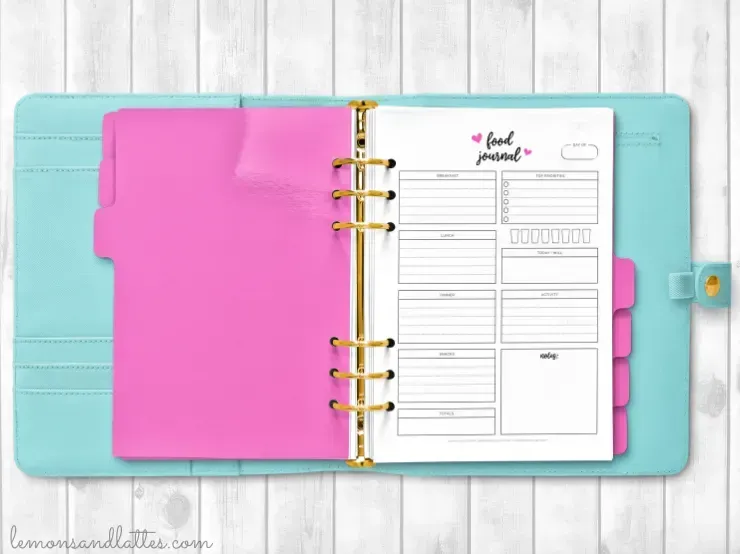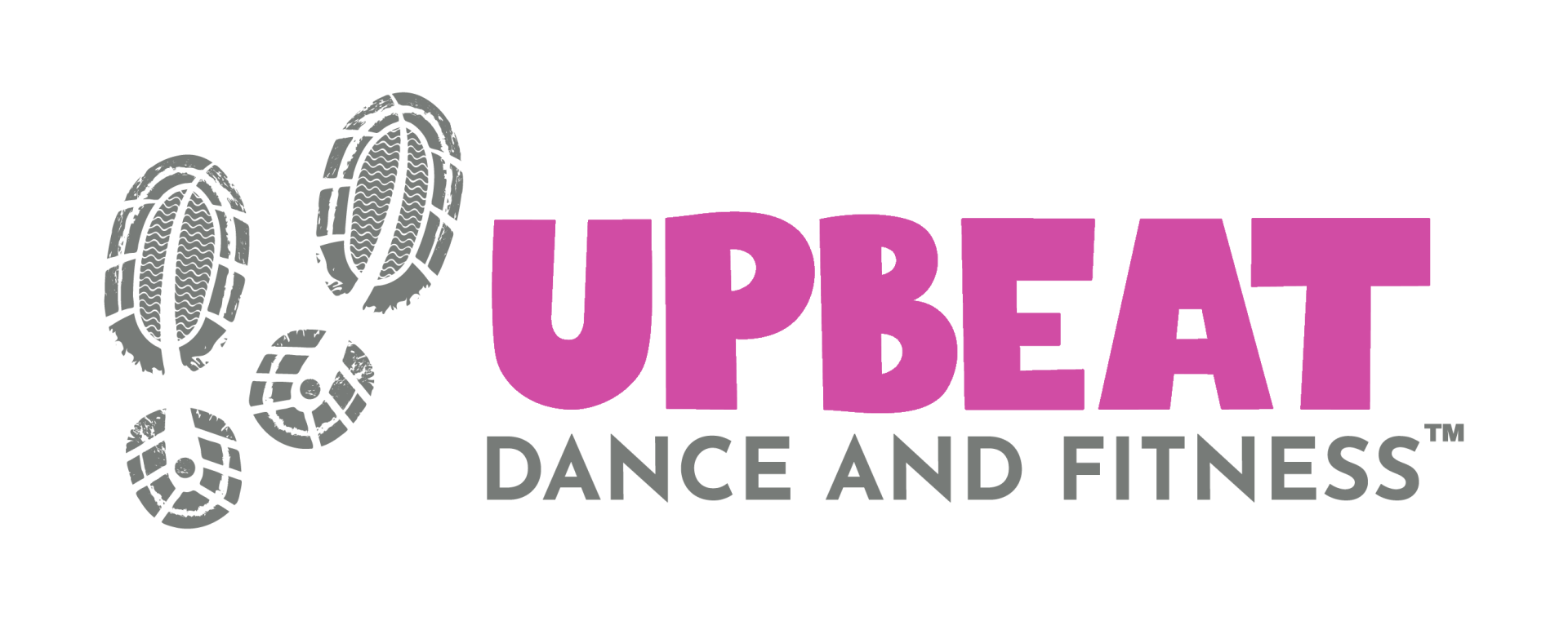Should You Stop Tracking Your Food?
Are Food Logs Helpful?

This question has arisen with my last few clients: Is tracking your food intake helpful? Sometimes clients really struggle. Does that mean they won’t be successful at reaching their goals or changing their nutrition long term?
In my experience, tracking your food can be an important first step toward your personal nutrition goals. You can’t easily change what you don’t measure! Having some basic information (for example, macro breakdown, meal timing, or calories consumed) about your diet makes it easier to reflect on what changes might be beneficial.
Here are some reasons to consider a food log:
1. Weight Management: If you're trying to lose or gain weight, tracking your food intake can provide you with valuable information about your calorie intake and expenditure. This can help you make more informed decisions about your diet and exercise routine.
2. Nutritional Awareness: Tracking your food intake can make you more aware of the nutritional content of the foods you're eating. This can help you ensure you're getting a balanced diet with all the essential nutrients.
3. Identifying Patterns and Moods: Logging your food intake can help you identify patterns in your eating habits. For example, you might notice that you tend to snack more in the afternoon or consume excessive amounts of sugar when you’re stressed. That’s why we always include MOOD in our logs.
4. Accountability: Tracking can hold you accountable for your food choices. The act of recording what you eat might make you more mindful of your choices and encourage you to make healthier ones.
5. Learning Portion Control: Tracking can help you understand portion sizes better, which is crucial for managing calorie intake and preventing overeating.
However, there are also potential downsides to consider. For example, if you have dealt with an eating disorder in the past, it’s wise to consult with a mental health professional before beginning.
1. Time and Effort: Tracking your food intake can be time-consuming and may feel like a chore for some people. It can require consistent recording and accurate measurements.
2. Obsessive Behavior: For some individuals, food tracking can lead to obsessive thoughts about food, calories, and weight. This can contribute to an unhealthy relationship with food.
3. Stress: Constantly worrying about tracking every meal might add unnecessary stress to your life, which could have negative effects on your overall well-being.
4. Flexibility and Social Situations: Tracking might become challenging in social situations, when eating out, or during events where you're not in control of the food preparation.
Ultimately, the decision to track your food intake depends on your goals, personality, and overall relationship with food. If you decide to track, consider using tools like MyFitnessPal that make the process more convenient. If you're concerned about potential negative impacts, you might want to focus on mindful eating, portion control, and making generally healthy food choices without strict tracking. There is simply no perfect system for improving nutrition that works for every person. We are all individuals. No ONE online program or ONE popular diet book will work for everyone. At Upbeat, we listen to each complex client to help identify small - simple - solutions to move in the right direction for long term success.















